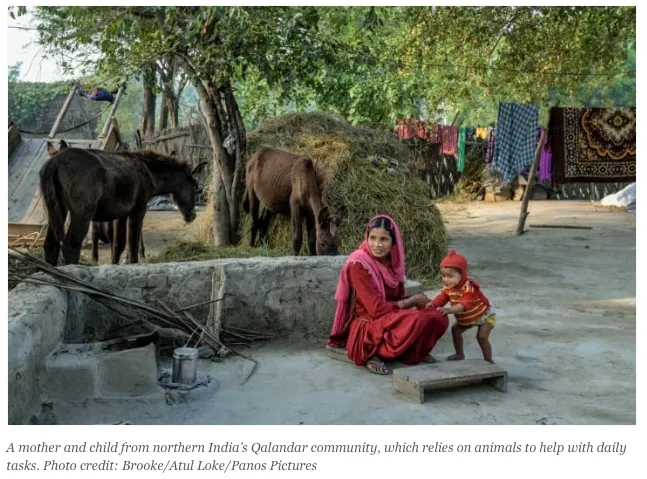Opinion: Support Animal Health Systems Prevent The Next Pandemic

Opinion: Support Animal Health Systems Prevent The Next Pandemic
By: Klara Saville

From the SARS epidemic in 2003 to the unfolding tragedy of COVID-19 today, infectious disease transmission from animals to humans — zoonotic disease — is increasing in frequency, virulence, and devastation.
Ebola, SARs, MERs, and swine flu are all recent examples of zoonotic diseases with fatal consequences. It is not only pandemic outbreaks that are critical to human health. Every day people are infected with, and sadly many die from, diseases such as rabies, bovine tuberculosis, and brucellosis, to name just a few.
More on antimicrobial resistance:
► Are we making progress on the use of antimicrobials in animals?
► Opinion: How to oppose the menace of antimicrobial resistance
► When global health goes local: Tackling infectious diseases and antimicrobial resistance in Kenya
Already, 61% of all human infections come from animals, and 75% of emerging infections have transferred from animals. By failing to invest in animal health systems we will create the next pandemic, the true cost of which is difficult to imagine.
The lives of millions of people across the global south are intertwined with animals. Humans share their homesteads and also their pathogens with livestock and companion animals. We tend to forget about this close relationship until things go wrong, such as in the case of the outbreak of COVID-19.
Animal health systems are currently the weakest link in the One Health initiative — a concept that brings interdisciplinary teams in human, animal, and environmental health together. Despite this, there has been little investment in veterinary services and veterinary public health in low- and middle- income countries, resulting in epidemics such as COVID-19 and zoonotic diseases that hinder the potential of individuals, communities, and whole nations.
According to OIE, the World Organisation for Animal Health: “Livestock and Veterinary Services are chronically under-resourced against all comparative measures. Poor financial resources and inadequately staffed and organised Veterinary Services results in high livestock losses and uncontrolled epidemics.” Across most of Africa, South Asia, and Latin America, communities who depend on livestock for nutrition, water, income, or transportation don’t have access to veterinary services.
With this in mind, there are several ways that we can prevent future pandemics and global health crises. First of all, we need to train more veterinary and veterinary paravets, who, in the absence of trained vets provide basic animal health care and advice to communities, to standards established by the OIE competency frameworks.
There is a global shortfall in this vital workforce. These professionals are at the frontline of the fight against zoonotic disease through prevention, diagnosis, treatment, and surveillance. Over time, Brooke has trained over 4,000 animal health professionals through our animal health mentoring framework, which is a significant achievement, but initiatives like this need to be scaled up with other organizations rolling out the framework.
Secondly, we need to establish a list of essential veterinary medicines equivalent to that for human health care. Access to and the quality of these essential veterinary medicines needs to be monitored to ensure that animal health professionals are able to treat and vaccinate animals to maintain high standards of health. Poor quality antibiotics, along with inappropriate use, fuels antimicrobial resistance.
Thirdly, we need to support laboratories and veterinary public health institutions in their surveillance efforts. Laboratories need facilities, reagents, and training. By better monitoring animal diseases, we can develop models to anticipate and prevent their spread to humans. Such information would allow governments and public authorities to take pre-emptive action, such as heightened hygiene standards or restrictions on the movement of livestock.
Clearly, there is a lot to be done, but currently, we ignore animal health systems at our peril. If governments, international organizations, training institutions, NGOs, and other stakeholders come together, we can ensure that trained vets and paravets can reach communities with essential medicines and a level of competence to prevent and treat infection in animals. That way we can not only improve animal health and welfare and reduce the impact of endemic zoonotic disease, but we can protect all of us from deadly pathogens like COVID-19.
